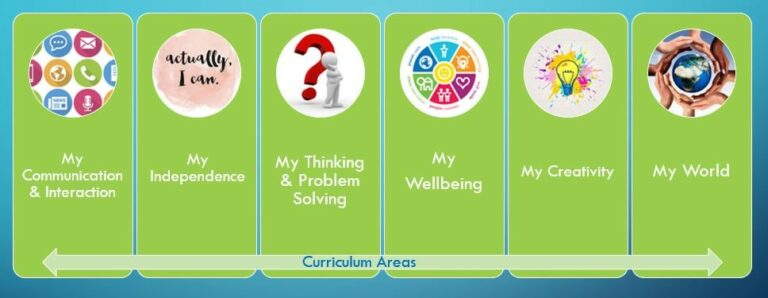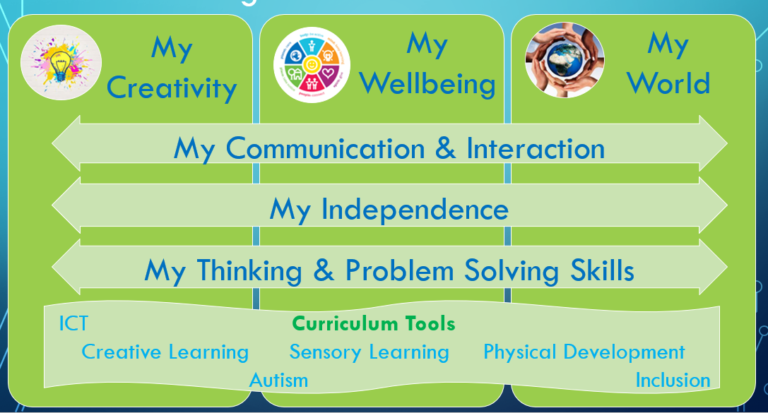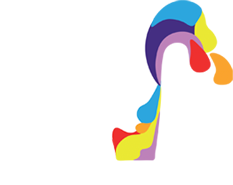Curriculum
An Exciting Revised Curriculum!
We are excited about our curriculum here at Watergate as we have created our very own, child-centred curriculum which is completely bespoke for our pupils.
Our curriculum moves away from subject-based learning and focusses on the holistic development of children across six areas. It has been designed not only to meet the needs of pupils, but to be meaningful for them, and it is delivered through motivating, multisensory, and hands-on learning activities.

The curriculum at Watergate is all about developing the knowledge, understanding, and skills children will use in everyday activities – those essential life skills – and having the foundations for life-long learning.
Watergate’s ‘Golden Threads’
Throughout everything we do, we are always thinking about how we can build in opportunities for communication and interaction, independence and thinking & problem-solving. These are our three ‘golden threads’ running through the curriculum, because they are needed for just about everything we do in life.

Lead teachers, with specific areas of expertise, also provide Curriculum Tool Handbooks – these are packed full of the teaching and learning strategies, resources and environments which best support pupils to learn and develop across all areas of the curriculum.
They are continually reviewed and developed by the lead teachers in order to ensure that pupils are able to benefit from the most up-to-date and appropriate strategies and resources available.
Topics
To keep learning, fresh and motivating, we have a 3-year cycle of topics, with some inspirational new topics coming up soon, such as ‘Land Ahoy!’ … so watch out for those Pirates!

Curriculum Enrichment
Teachers and curriculum leaders are forever thinking of ways to enrich our curriculum.

Individualised Learning
The most important aspect of implementing our curriculum is ensuring that it is differentiated in just the right way for each pupil. To do this, teaching staff get to know each child in their class really well, including their likes and dislikes, strengths and interests, priorities for learning and how they learn best.

